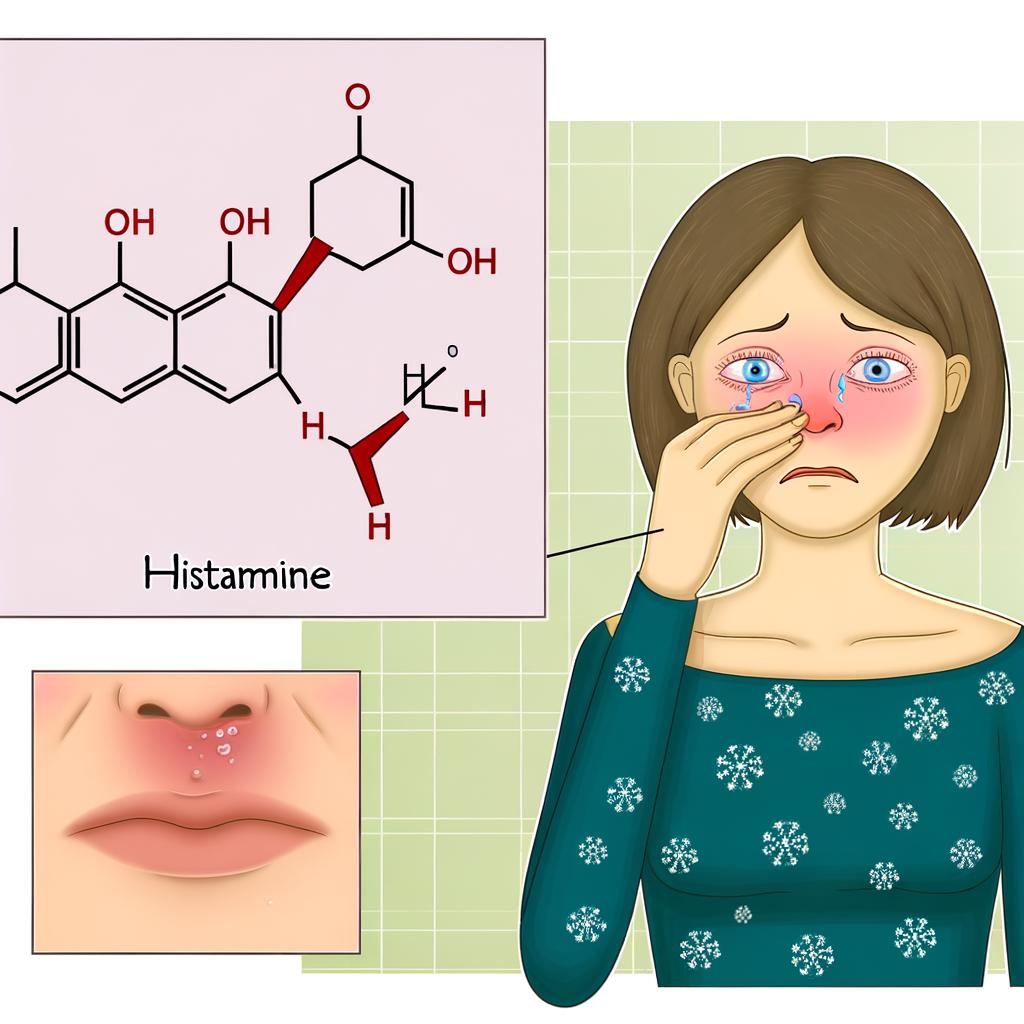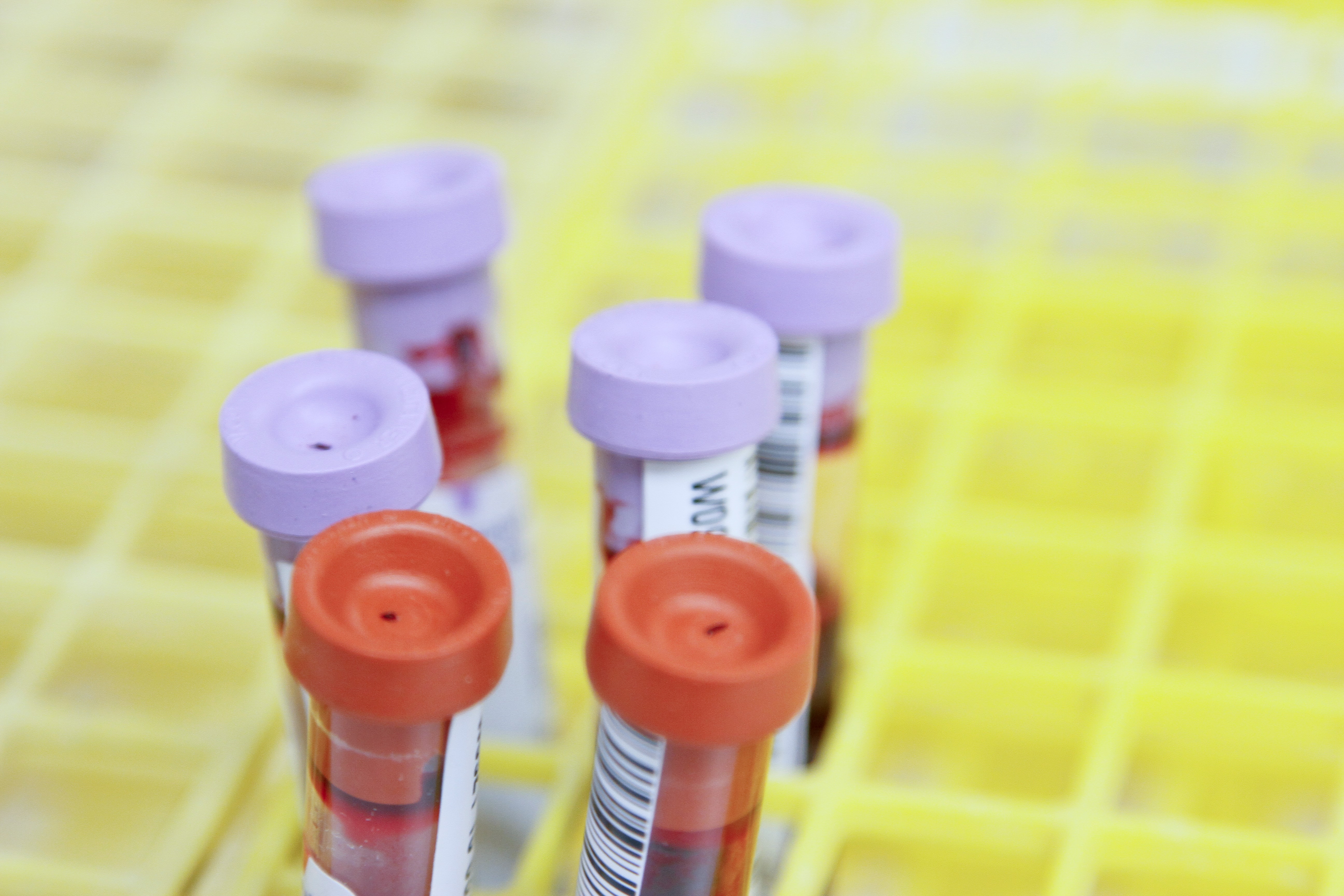What is Mast Cell Activation Syndrome?
What is Mast Cell Activation Syndrome? In this article we will look at:
- What is it?
- What parts of the immune system are involved?
- How does it start?
We will break down Mast Cell Activation Syndrome so that you can understand what some of the driving forces are behind it.
If you are interested in understanding mass cell activation syndrome, keep reading.
What Mast Cell Activation Is
Mass cell activation syndrome is part of a broader category of health problems that is caused by mast cells. It has a lot of overlap with histamine intolerance (see link above). These mast cells are types of immune cells that contain high concentrations of granules. Within the granules are different types of immune chemicals, histamine, and others. These mast cells are typically located within your mucous membranes inside the mouth, inside the lungs, inside the throat etc. They sit inside the mucous membranes behind the part that you can feel and touch, the outside world. They're also commonly within connective tissue areas as well.
Their main function is to alert other immune cells to the presence of toxins, allergens, or microbes. With Mast Cell Activation Syndrome there is an increased activation of these mast cells. When mast cells are activated, they release their granules out into the surrounding tissue space, spreading the signal of the presence of toxins, allergens or microbes. These chemical messengers signal to other immune cells that they need to be on alert and to protect themselves and surrounding tissues against a potential threat.
The Role Of Histamine In Mast Cell Activation
One common chemicals in the granules is histamine. Histamine is a chemical that causes much of the allergenic symptoms that people feel. When you have Mast Cell Activation Syndrome a lot of times these people will have a lot of histamine like reactions. These reactions can vary widely itchy skin, eczema, IBS, cardiovascular, anxiety, and asthma. Sometimes people have these reactions in multiple areas. When they are in multiple areas we group them together too into something called atopic syndrome. Even though it has a different name the key reaction still comes from histamine and mast cells. So you have to ask, what is triggering the mast cells in these people? Why are so many of the mast cells activated and triggered to release the granules?

The trigger(s) all have a common theme. That is, when any protein is seen by the mast cells as a foreign substance, it binds to antibodies on the mast cell surface. These proteins are called antigens. Any protein the immune system sees as a foreign invader is and antigen. The first time the immune system sees it, it is not necessarily going to do anything. It takes multiple exposures before the immune system recognizes it. Once recognized as an antigen, the immune system will turn that into a piece of information and cause the B cells in the immune system to make antibodies. Usually the first time there won't be any antibodies. It really comes down to the immune system recognition of the foreign substance that creates the cascade of antibody production. After antibodies are present, exposure to the antigen will cause the mast cells will spill their granules.
The exact reason why one person becomes allergic to ragweed and another person does not, still isn't fully understood. We know it takes multiple exposures for the immune system to start producing those antibodies. Once the B cells of the immune system start to produce these antibodies, the mast cells get triggered from that same antigen.
The video above shows this process as an image. The first time the allergy prone person runs across the allergen such as ragweed they may not make any antibodies. Once they do, then they sit on the cell surface of the mast cells. The second time the person gets the ragweed in their system, the granules spill out. This is when the symptoms start. With Mast Cell Activation Syndrome, this process is happening more frequently because the mast cells are hyper-responsive and more sensitive to all types of antigens. With Mast Cell Activation more things trigger degranulation and less of a trigger is needed for degranulation. This results in a chronic allergy symptoms. The symptoms typically wax and wane in severity based on the total load of exposure to triggers (antigens).
The exact triggers are hard to say as they can be different for different people. Compounded on this is the symptoms are not always the same from one day to the next.
Symptoms of Mast Cell Activation Syndrome
The symptom picture typically looks like a theme of what was described above as atopic syndrome. There can be rashes, runny nose, chronic sinusitis, post nasal drip, asthma, irritable bowel syndrome, interstitial cystitis, and mod alteration. These symptoms don't have to be severe just chronic in nature. The rash, for instance, can simply be itchy skin, burning in the throat, etc. Burning in the throat can be a symptom of high histamine in the lining of the esophagus. The mast cells are getting triggered in that area. So the symptoms of Mast Cell Activation Syndrome can present themselves in a lot of different tissues in the body but typically the symptoms are red itchy classic allergy symptoms in the target tissue.
That should help you understand "what is Mast Cell Activation Syndrome". If you have questions about anything in the article, please ask in the comment section below. For a customized plan on how to treat Mast Cell Activation Syndrome, click on the link below to get started.












.jpg)







